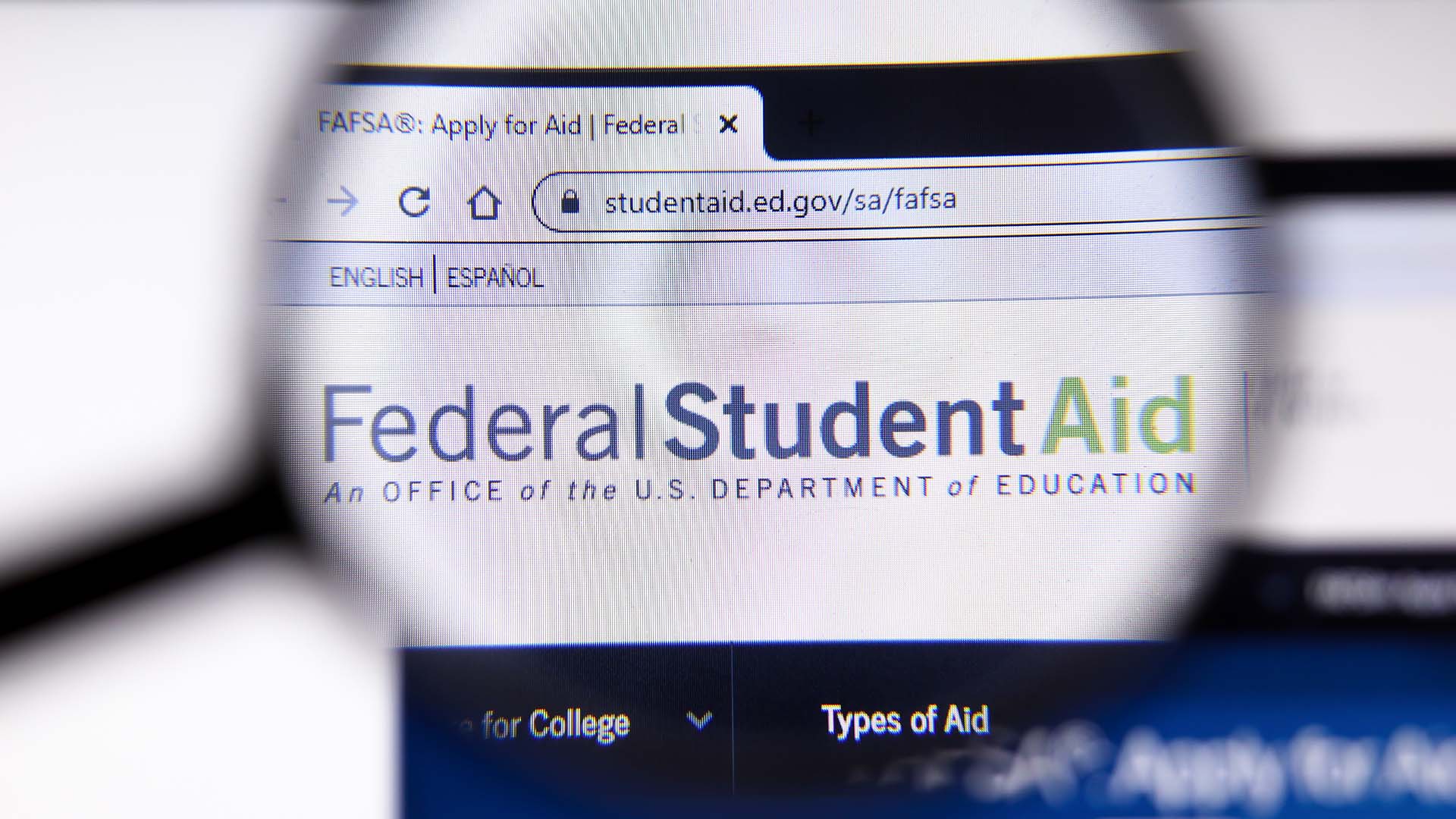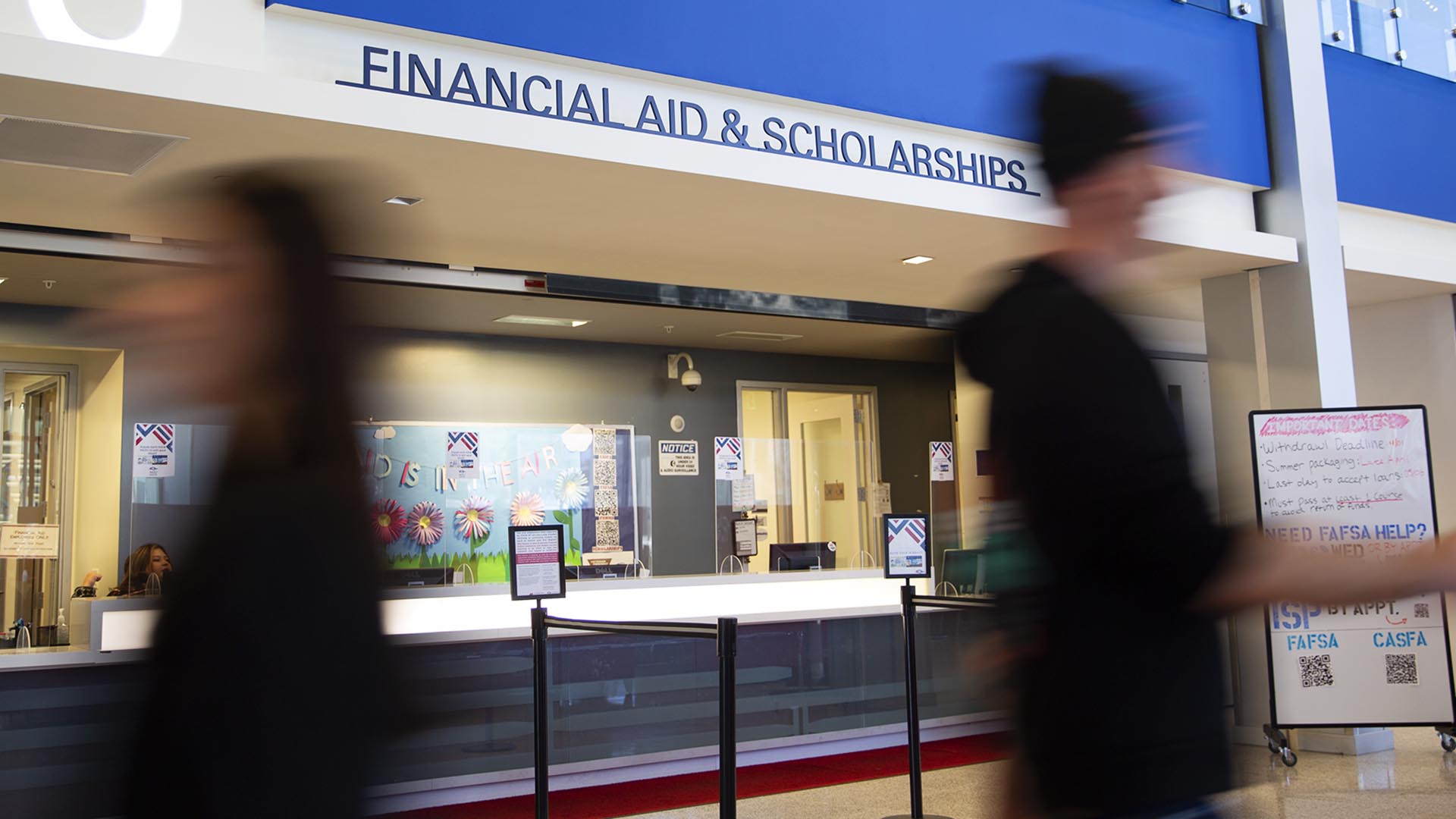4 changes to FAFSA and Pell for 2023-24
Here’s what you need to know about the latest updates to the Free Application for Federal Student Aid and Pell Grant program.

Editor’s note: Typically released in October, the FAFSA application form for 2024-25 will not be released until December. Changes and how-to information can be found on the Office of Financial Aid and Scholarships’ FAFSA simplification page.
Nearly $3.6 billion of unclaimed Pell Grant funds were left on the table by qualifying students in 2022.
“So many students don’t realize all the financial support they may be eligible for,” said Kerline Eglaus, executive director of Financial Aid and Scholarships at Metropolitan State University of Denver.
With the Supreme Court hearing arguments on President Joe Biden’s proposed debt-relief program this week, student loans are top-of-mind for many students. RED caught up with Eglaus to discuss changes in aid programs and the Free Application for Federal Student Aid and how to qualify for funds and to dispel some common misconceptions.
Increase: Pell Grant awards 2023-24
The $1.7 trillion federal spending bill passed at the end of 2022, increasing the maximum amount of the Pell Grant to $7,395 for students during the 2023-24 academic year, an addition of $500. This continues the steady upward trajectory in Pell amounts since 2012.
Since its launch in 1980, the federal program has supported lower-income students pursuing their first undergraduate degree (or select post-baccalaureate programs). The award is limited to the equivalent of 12 academic terms, or about six years.
Thirty-three percent of MSU Denver students (5,178) were Pell-eligible in the fall 2022 semester, just north of the 32% national average for 2020-21.
RELATED: Colorado students leave $30 million in financial aid unclaimed
Award amounts will be based on the Student Aid Index, a new need-analysis formula determined by the income and assets of the student and their parents or spouse, if applicable. (This was previously determined by the Estimated Family Contribution and based on income, household size and assets.) Financial-aid eligibility may shift from year to year, and there are income-appeal processes if elements in your FAFSA are no longer representative of your current status, Eglaus noted.
“It never hurts to check,” she said.
Removed: automatic Selective Service enrollment
Federal law currently requires all 18- to 25-year-old Americans assigned male at birth to register for the Selective Service, making them eligible for possible military conscription. This used to be an automatic part of the FAFSA, thanks to the FAFSA Simplification Act enacted in 2020, but this is no longer the case for the current application.
“Auto-registering during FAFSA completion saved a lot of students from having to do it on their own, but now they’ll have to remember to do it independently,” Eglaus said.

Removed: drug-related-conviction question
In a major change to expand access, previous drug convictions will no longer impact financial-aid considerations. This is seen as a measure to counteract the impact the War on Drugs has had on marginalized communities.
The 2023-24 FAFSA does, however, still ask respondents to disclose drug convictions while receiving aid. Applicants are asked to fill out a worksheet for documentation purposes that won’t affect eligibility.
Added: demographic survey
A simple demographic survey asking applicants to self-identify their race/ethnicity and gender has been added to the FAFSA. This is an optional section and part of a phased implementation of the FAFSA Simplification Act.
Responses have no impact on aid-eligibility determinants, Eglaus said.
Dispelling myths
Students often miss out on funding due to common misconceptions, Eglaus said, including that financial aid applies only to loans and not to scholarships/grants, and that if they hadn’t previously qualified, they wouldn’t again.
RELATED: The Pell Grant turns 50
|
For more information regarding financial aid and eligibility, contact the MSU Denver Office of Financial Aid and Scholarships at 303-556-8593 or email [email protected].
|
|
Though some external scholarships may not require completion of FAFSA or the Colorado Application for State Financial Aid (for DACA/ASSET and international students not eligible for federal aid), MSU Denver’s institutional scholarships do. The priority deadline for 2023-24 scholarships is March 1, though applications are accepted year-round.
Completion of the FAFSA or CASFA may also open doors for other federal and state initiatives and automatically qualifies students to participate in work-study programs, which are campus-based jobs paid from federal monies, Eglaus said.
“There’s money out there, and the only way to know you’re not leaving it on the table is to complete the FAFSA or CASFA,” she added.




